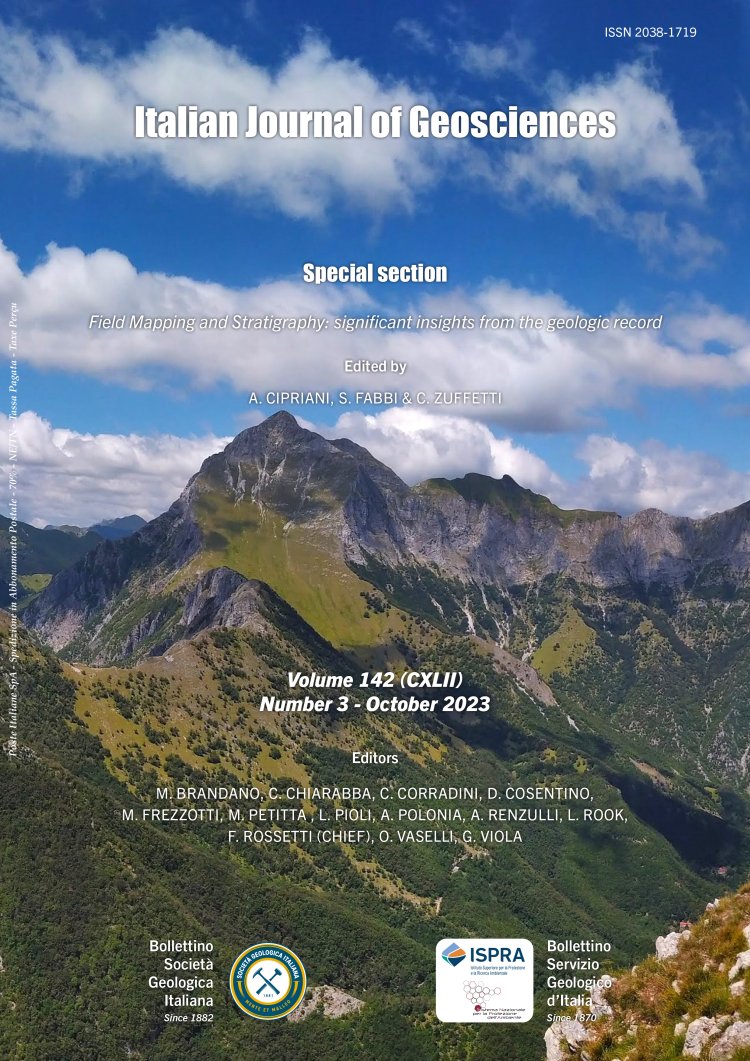
The precarious life of Early Career Geoscientists: data and perspectives from the Italian Academia
Pietro Bazzicalupo 1, Giulia Bosio 1, Agostino N. Meroni 1, Giulia Piazza 1,2, Andrea Giulia Varzi 1, Luca Fallati 1, Giovanni Coletti 1, Luca Mariani 1, Matteo Borgnino 1, Fabien Desbiolles 1,3 & Laura Borromeo 1
1Department of Earth and Environmental Sciences, University of Milano-Bicocca, Piazza della Scienza 4, 20126, Milano, Italy, 2Department of Earth and Ocean Dynamics, University of Barcelona, Martì i Franqués, s/n, 08028, Barcelona, Spain, 3CIMA Research Foundation, Via Armando Magliotto, 17100, Savona, Italy
Abstract
We present this paper as a broad group of Early Career Researchers (ECRs) active in various disciplines of the Geosciences in the Italian Academia (from palaeontology to underwater geomorphology and climate sciences). We offer some shared points of view on the Italian Academia and specifically on the Geosciences. We highlight the current precarious conditions of non-permanent workers within the Italian Academic system, so as to highlight the situation of Early Career Researchers (ECRs) in the Geosciences, and their general lack of perspective towards a permanent form of employment. Ultimately, this precariousness is one of the main obstacles impacting upon the quality of research. We tackle this aspect by analysing both the persisting gender gap and some perspectives on the future of the precarious figures currently working inside the Italian Academic system. We believe that the modern academic structure is generally unwelcoming to ECRs, to the detriment of high-quality research. Possible solutions, such as changing the current recruitment system, should include a better stabilisation mechanism for ECRs, which would also be essential to gaining a safe work-life balance.
Keywords
Get Full Text